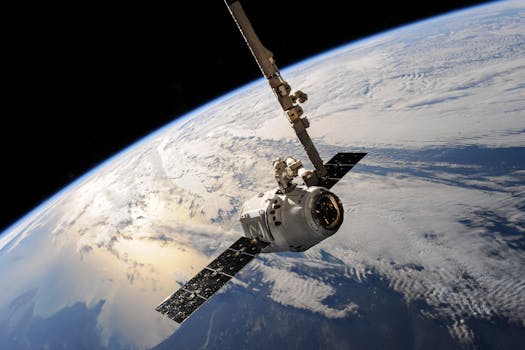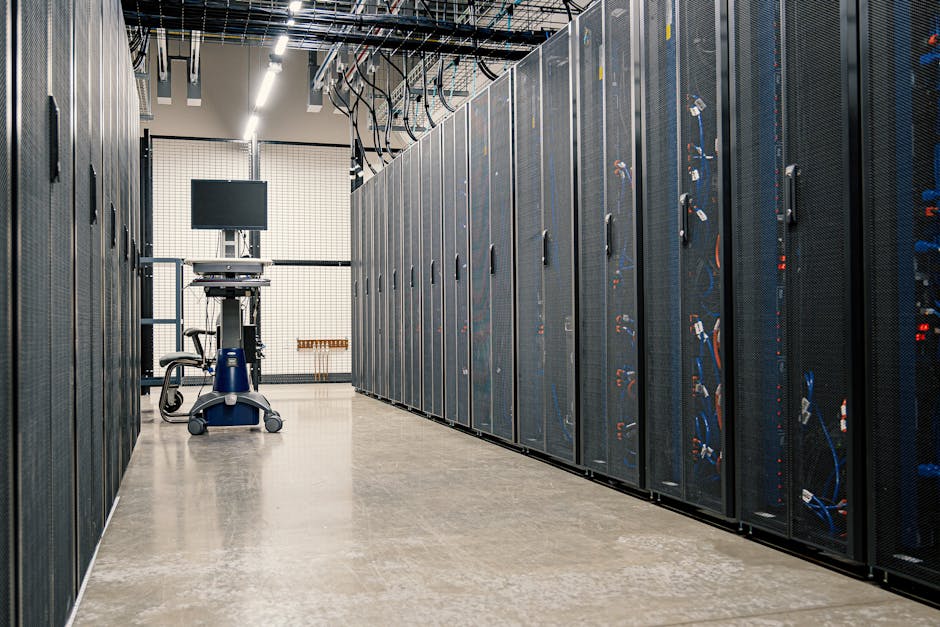The Future of Satellites: Revolutionizing Global Connectivity
The future of satellites is poised to revolutionize global connectivity, enabling faster and more reliable communication services. With advancements in space technology, satellites are becoming increasingly important for various applications, including navigation, remote sensing, and communication.

The Future of Satellites: Revolutionizing Global Connectivity
The future of satellites is poised to revolutionize global connectivity, enabling faster and more reliable communication services. With advancements in space technology, satellites are becoming increasingly important for various applications, including navigation, remote sensing, and communication. The use of satellites has become essential for many industries, including telecommunications, transportation, and weather forecasting. In this article, we will explore the future of satellites and their potential impact on global connectivity.
Satellites have been in use for several decades, but recent advancements in technology have made them more efficient, cost-effective, and accessible. The development of small satellites, also known as CubeSats, has enabled the launch of multiple satellites at a lower cost, making it possible for more companies and organizations to access space. Additionally, the use of reusable rockets has reduced the cost of launching satellites into orbit, making it more feasible for companies to launch and operate their own satellite constellations.
Advancements in Satellite Technology
There have been significant advancements in satellite technology in recent years, including the development of more efficient propulsion systems, advanced materials, and improved communication systems. The use of electric propulsion systems, for example, has enabled satellites to operate for longer periods of time and to travel farther distances. Additionally, the development of advanced materials, such as carbon fiber and Kevlar, has enabled the creation of lighter and more durable satellites.
The development of 5G technology has also had a significant impact on the satellite industry. The use of 5G networks enables faster and more reliable communication services, making it possible for satellites to transmit large amounts of data quickly and efficiently. This has enabled the use of satellites for a variety of applications, including remote sensing, navigation, and communication.
Applications of Satellites
Satellites have a wide range of applications, including navigation, remote sensing, and communication. Navigation satellites, such as GPS, enable the precise location and timing of vehicles, aircraft, and other devices. Remote sensing satellites, such as Earth observation satellites, enable the collection of data about the Earth’s surface, including weather patterns, crop health, and natural resources. Communication satellites, such as telecommunications satellites, enable the transmission of data and voice communications between different locations.
In addition to these traditional applications, satellites are also being used for a variety of new and innovative purposes, including space exploration, asteroid mining, and space tourism. The use of satellites for space exploration, for example, enables the collection of data about distant planets and celestial bodies, while the use of satellites for asteroid mining enables the extraction of valuable resources from space.
Challenges and Opportunities
Despite the many advancements and applications of satellites, there are still several challenges and opportunities that need to be addressed. One of the major challenges facing the satellite industry is the issue of space debris, which can pose a significant risk to operational satellites and other spacecraft. Additionally, the use of satellites for military and intelligence purposes has raised concerns about the potential for satellite-based espionage and warfare.
However, there are also many opportunities for the satellite industry, including the potential for satellites to enable the development of new and innovative technologies, such as space-based solar power and asteroid mining. The use of satellites for environmental monitoring and disaster response also has the potential to save lives and protect the environment.
Conclusion
In conclusion, the future of satellites is poised to revolutionize global connectivity, enabling faster and more reliable communication services. With advancements in space technology, satellites are becoming increasingly important for various applications, including navigation, remote sensing, and communication. While there are still several challenges and opportunities that need to be addressed, the potential for satellites to enable the development of new and innovative technologies is significant.




